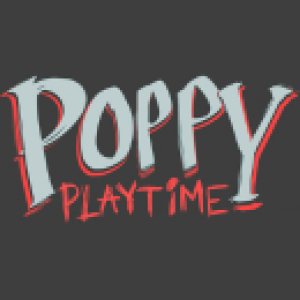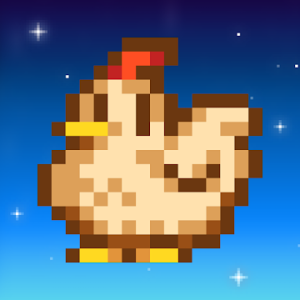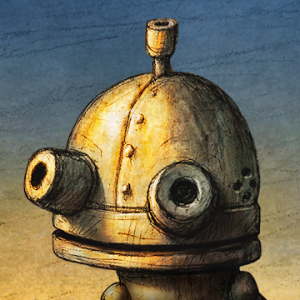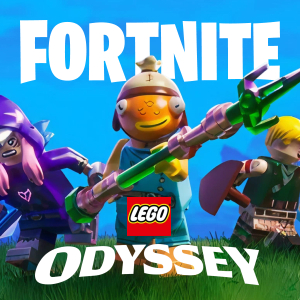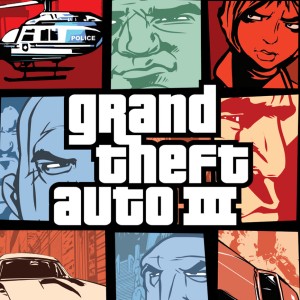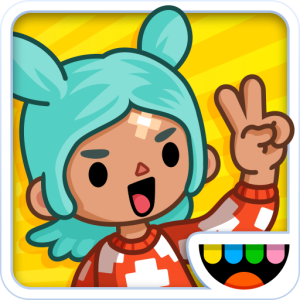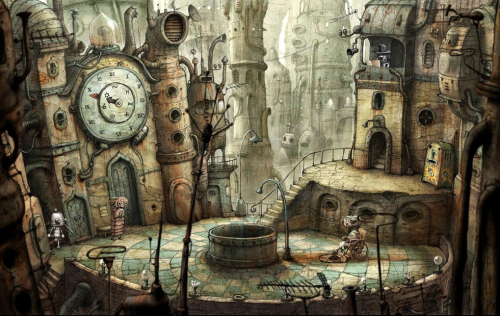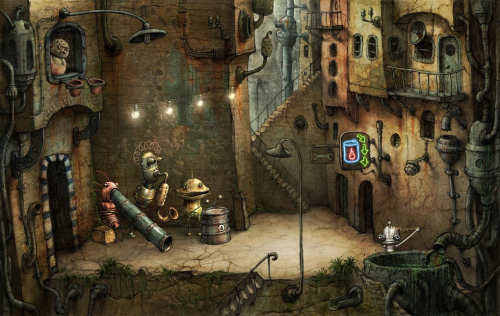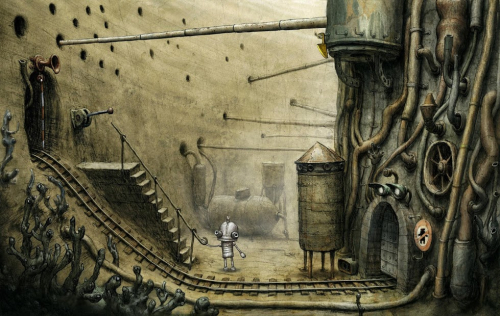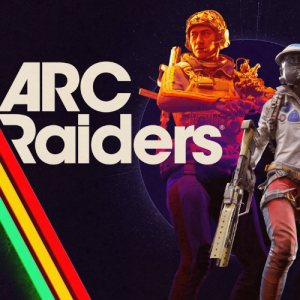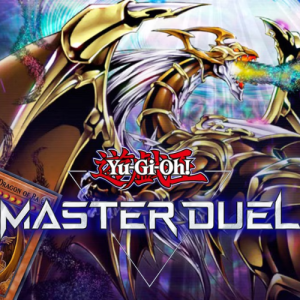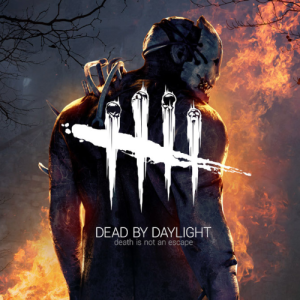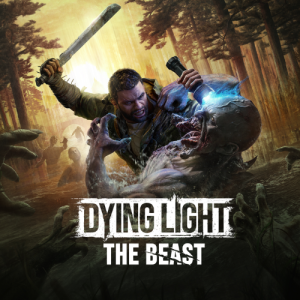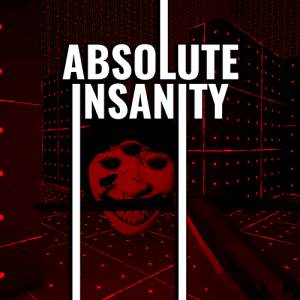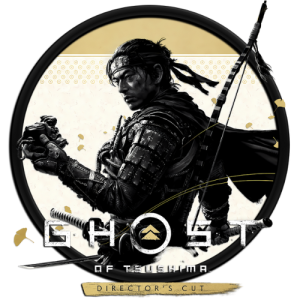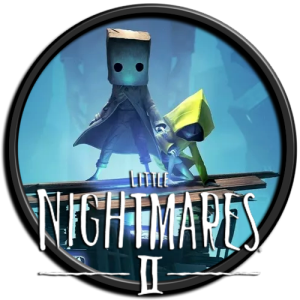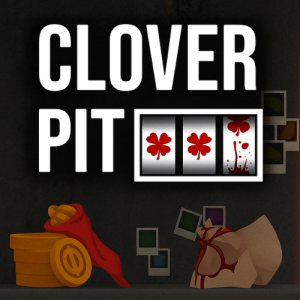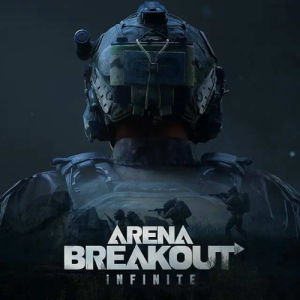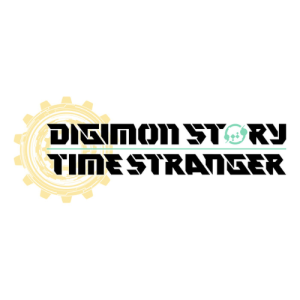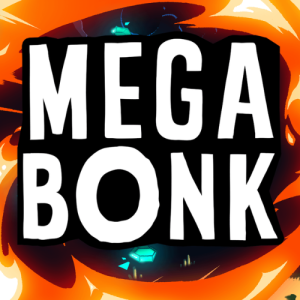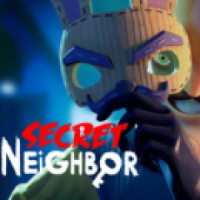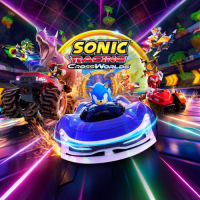Machinarium, developed by Amanita Design, is an indie gem that combines visual artistry and engaging gameplay mechanics to provide an immersive and fantastical journey through a wonderfully crafted world of machines and rust.
Beginning with the compelling storyline, Machinarium is an adventure of a little robot named Josef (named after Josef Čapek, the inventor of the term robot) who has been discarded at a city dump, located on the outskirts of a quaint, dystopian city. The narrative unfolds as Josef embarks on a quest to rescue his kidnapped girlfriend, Berta, from the clutches of the Black Cap Brotherhood. The story is truly endearing and is further aided by the fact that it unfolds without any dialogue; it relies purely on thought bubbles and environmental cues, adding a light-hearted charm to the whole experience.
From a gameplay perspective, Machinarium is a traditional point-and-click adventure game with each scene being a puzzle. The control system is quite easy and a perfect fit for this type of game. Manipulating Josef’s extendable body to reach high places, using tools, and combining different objects helps in solving the intricacies of each puzzle.
Deepening into Gameplay
At the heart of Machinarium is a point-and-click style of gameplay that adds an atmospheric richness to players' interactions with the game world. Each post-apocalyptic scene is filled with brain-testing puzzles which players must solve to progress.
The puzzles are intricately woven into the environment, and Josef – the game’s protagonist – must interact with a variety of objects present in each scene to solve these puzzles. There’s a real sense of accomplishment each time you figure out a puzzle solution, and the puzzles are cleverly designed, ranging from logically complicated to ones depending on environmental cues, perfectly capturing the essence of classic point-and-click adventure games.
An interesting mechanic in the game is the ability to manipulate Josef’s body. Our little robot hero can extend or contract his body to reach different items or connect two points. This unique feature adds innovation to the gameplay, providing a different aspect to the problem-solving situations that more traditional point-and-click games lack.
Furthermore, the game presents its hints system in a rather clever way: in the top-right corner, players can access a two-tier hint system. The first tier provides a small hint, while the second tier provides a comic strip walkthrough of the puzzle, but only after you've played a mini-game. It feels like a natural way to prevent frustration and prevent players from feeling stuck.
While Machinarium lacks a traditional dialogue system, it's worth noting how the game communicates its tasks. The storyline and objectives are depicted through thought bubbles and symbols, creating an interesting and engaging gameplay dynamic that seamlessly guides players along their adventure.
The sound design in the Machinarium is worth commenting on. The game features a brilliant ambient soundtrack that fuses well with the overall rustic and mechanical aesthetics of the game. The mellow chiming of bells, the soft whirring of gears, and the occasional melodic tunes contribute largely to the immersive experience of the game.
Graphically, the Machinarium is highly detailed with uniquely hand-drawn images, providing a distinctive aesthetic appeal. An interesting blend of machinery and organic elements gives an authentic character to the game's settings and brings the city to life.
Unfortunately, Machinarium does not offer any multiplayer or side-quest options. However, this lack does not undermine the insightful single-player journey that the game offers.
In terms of replayability, Machinarium may fall a bit short. Once the puzzles are solved, the storyline becomes predictable, which may discourage players from revisiting the game. However, the charming world and the delightful aesthetics might invite some players back, if merely to enjoy the tranquil environs.
Finally, the effectiveness of the controls is commendable. Your point-and-click adventures will never hit a glitch, thanks to the smooth and intuitive controls.
Wrap-Up: An Ode to Classic Point-and-Click Games
I would rate this game a solid 4 out of 5. The minor drawbacks do not overshadow the positive aspects of Machinarium. Potential players who enjoy intricately designed puzzles and immersive storytelling amid a delightful aesthetic world should consider this game.

















